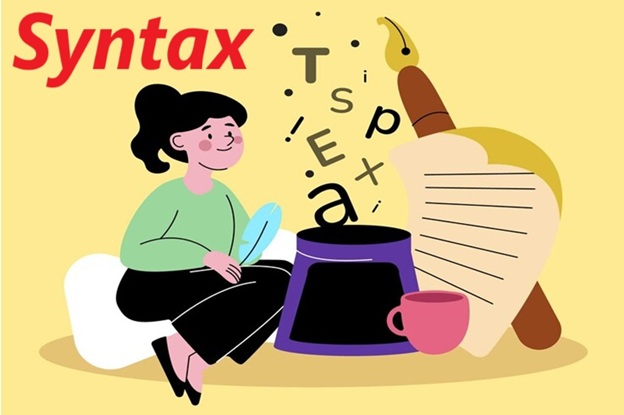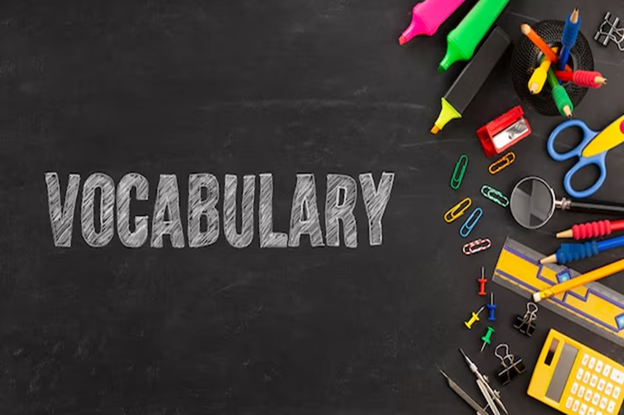Category: Architecture
The Cognitive Functions of Language
Posted :
by :

Language is not only a means of communication but also plays a crucial role in cognitive functions—how we think, perceive, and interact with the world. Cognitive functions of language refer to the mental processes involved in understanding, producing, and using language. These functions are integral to our ability to reason, solve problems, and engage in…
The Indispensable Architecture: Syntax in Language

Abstract: Syntax, as the set of rules governing the arrangement of words and phrases to form grammatically correct and meaningful sentences, is a fundamental pillar of human language. It transcends mere word order, dictating the hierarchical relationships between linguistic units and enabling the infinite generativity of language. This paper explores the critical role of syntax…
The Importance of Metadata in Building Knowledge
Introduction Metadata – referred to as the data that describes other data – is the information we create, store, and share to describe things. It allows us to interact with these things and enhances our understanding of their various resources. It also provides us with a context for these things, describes, explains, and provides their…
Language Structure: A Cognitive Framework for Syntax and Semantics

Abstract: Understanding how humans produce and comprehend language necessitates a cognitive framework that integrates syntax and semantics. This paper proposes such a framework, drawing on insights from cognitive psychology, linguistics, and neuroscience. It argues that language architecture is not a modular system of isolated components, but rather a dynamic and interactive network of cognitive processes, where…
Organic Search Performance: A Guide to Increase Website Visibility

In today’s digital landscape, organic search remains a critical driver of website traffic and, ultimately, business success. While paid advertising can offer immediate results, organic search provides a sustainable and cost-effective long-term strategy. This paper will delve into the intricacies of optimizing websites to improve their ranking in search engine results pages (SERPs), focusing on…
responsive-design

Abstract: The digital publishing landscape has undergone a seismic shift with the proliferation of smartphones, tablets, and other connected devices. This diversification has rendered static, print-centric magazine formats obsolete. The responsive magazine, designed to adapt seamlessly to any screen size, has emerged as the solution to deliver content effectively across the evolving technological landscape. This…
Terminology Databases: A Cornerstone of Global Communication

Abstract: In an increasingly interconnected world, effective communication across linguistic and cultural barriers is paramount. a deeper understanding of terminology, the body of specialized terms used in specific fields, is crucial for facilitating accurate and efficient communication across linguistic and cultural boundaries; Moreover, multilingual Terminology Databases (MTDBs) play a crucial role in facilitating this communication by…
Language Translation

Language Translation Language translation is the process of converting text or speech from one language to another while preserving its meaning, context, and intent. It enables communication across different languages and is essential for globalization, cross-cultural communication, and accessibility. Types of Language Translation Human Translation – Done by professional translators who understand cultural nuances, idioms,…
Linked Data vs. Data Lineage: Navigating Data Landscape

Okay, here’s an article exploring the differences between Linked Data and Data Lineage, aimed at a readership interested in data management and its related concepts: In the ever-expanding universe of data, understanding how information connects and flows is paramount. Two essential concepts in this realm are Linked Data and Data Lineage. While both contribute to…









